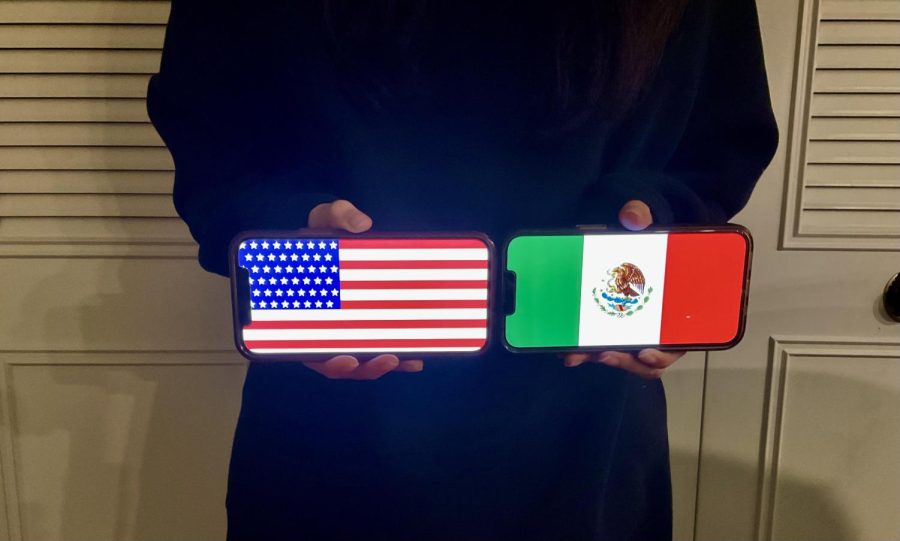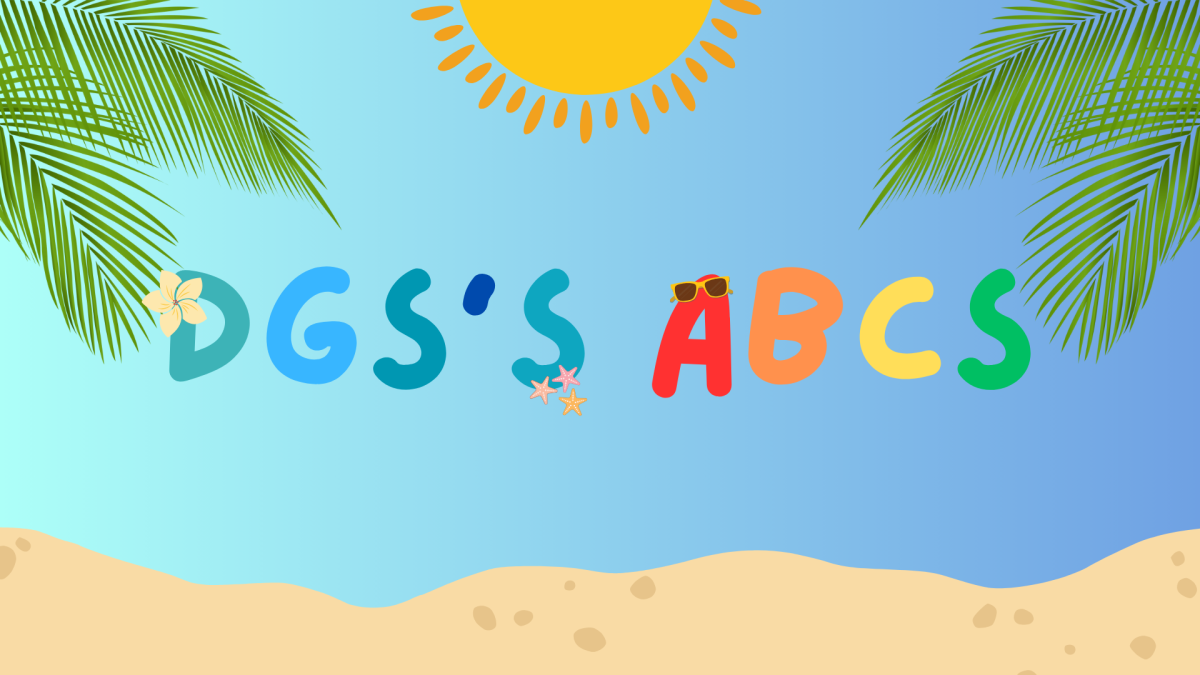Stuck between two cultures
People with foreign parents that are born in the U.S can struggle to identify who they are due to being surrounded by different cultures.
March 16, 2023
In America, there are so many people that come from different backgrounds. Many people, like me, are living between two cultures. My parents immigrated from Mexico to Illinois in 1990, making me a first-generation Mexican-American. Although it may be interesting to hear about these experiences, not everyone realizes the struggles many people face growing up between two different cultures.
As a Mexican-American, I always felt stuck between cultures. As a kid, I was placed in an all Latino preschool, and when I went to an all American elementary school, I spoke zero English. My teachers didn’t know what to do with me at first until they got me into English Second Language (ESL) class; I was pulled out of class and got one-on-one help.
My school wasn’t prepared enough to help a child who didn’t speak English. I felt alienated because I never understood my peers and teachers or why they did certain things.
What I felt was what I learned about later: intragroup marginalization.
People that even immigrate here at any age, or first generations like me, experience “intragroup marginalization” that refers to the behaviors, values and beliefs that an individual is surrounded by that are outside of their cultural norms. This is when one adapts to a new culture that clashes with their first culture.
I started to copy what my peers were behaving like, what they believed and valued. My parents were seeing it too. I was talking back to them when I didn’t like something they did or said, and I was comparing our culture to American culture.
I was stuck, and I didn’t know where to lie my beliefs and values. If I chose something that one culture would accept, it would go against the other.
I also began to experience “first language attrition,” a phenomenon where one starts to forget their own native language as a result of being immersed in a different languages. Because of the integration between two languages, I started to talk more fluently in English. However, the more fluently I began to speak English, the more that I forgot Spanish.
Fast forward to now: at 17, I have started to be grateful that I’m not struggling between languages as much as I used to– my bilingualism has helped me learn French, which I have been taking since seventh grade. Although I still have moments of feeling stuck, I acknowledged that what I chose to value and believe is what builds my personality. I finally understood that I didn’t have to choose one culture over the other to dictate who I am.
I realized that when I arrived at DGS and saw the diversity of students from different cultures and backgrounds where they spoke about what they celebrated or valued. While hearing all the different views, some people didn’t agree with their own traditions and that was acceptable. I learned that I didn’t have to stick to one culture; I could have different values and beliefs that accumulated who I am.
The moment I came to DGS, it lead me to accept both of my cultures I grew up with even if I struggled overcoming language barriers. I realized that I could just be myself without traditions taking over one part of my life.




